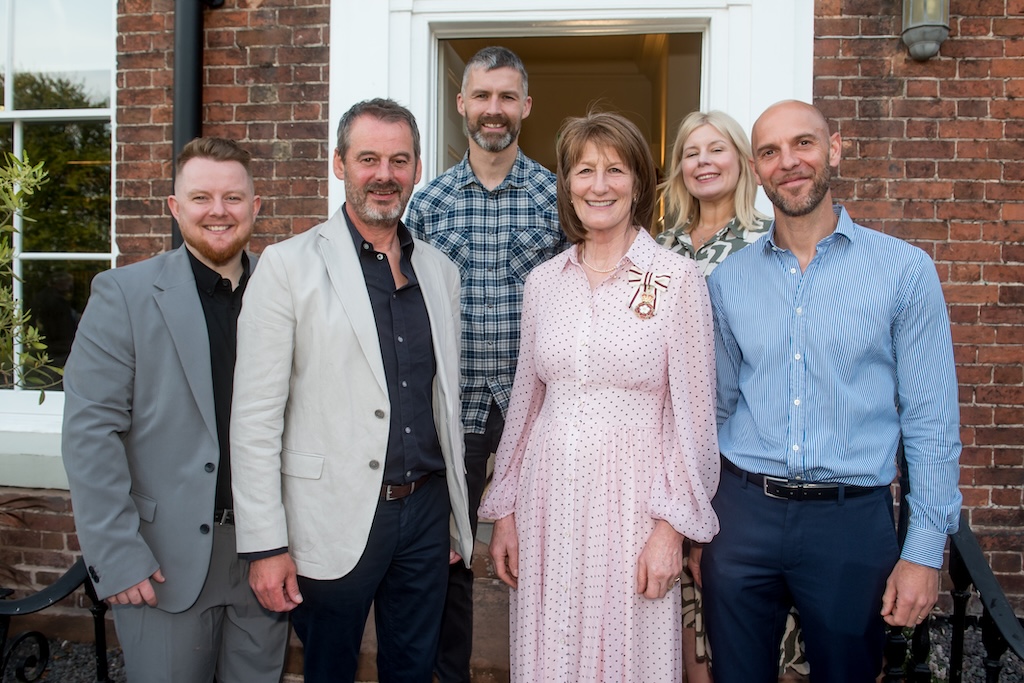One silver lining of lockdowns is that many of us have branched out into growing veggies in our gardens. Even if you have a small garden, there is plenty you can grow in containers. It is satisfying to see produce you have grown yourself on the plate at meal times.
Garden centres are open again but it still might be worth calling or emailing ahead of your trip to make sure they have what you need – demand has been very high.
You can still sow key crops such as salad leaves, kale and Swiss chard into July – successional sowing (sowing seeds week by week rather than all in one go) will ensure you have crops well into autumn. You can plant all of these in containers – do keep them well watered, especially in dry weather. Kale is a wonderfully nutritious vegetable that’s delicious roasted as ‘chips’ – just coat with oil and a little salt or soy sauce and pop into a hot oven until it’s crisp but not burned.
There’s a suggestion that lockdown has increased bird and insect numbers which is great for nature but not always so good for gardeners.
For new potatoes in October, or at Christmas, plant seed potatoes in tubs in July and August. Growth will finish in October; leave tubers in their pots until required for cooking. Remember they’ll need frost protection once the winter frosts appear in November and December.
Summer sowing
You can still pop carrots and turnips in until August, but sow or plant out your last beetroots, peas and beans in July. Use fine netting to cover cabbages, cauliflowers, carrots and other particularly susceptible vegetables against flies, pigeons and butterflies – there’s a suggestion that lockdown has increased bird and insect numbers which is great for nature but not always so good for gardeners. Harvest peas and runner beans regularly while they’re young and tender; freeze any spares to keep you going over winter. Keep beans and peas moist, and spray over foliage to encourage pods to set.

Tomatoes and cucumbers need water regularly during hot weather. It’s best to water them first thing in the morning then last thing at night, as this stops mildew developing. Cucumbers in particular can be very susceptible to mildew. Be vigilant and remove any badly-infected leaves from plants. Good growing conditions will help to keep plants healthy. These include good light levels, low humidity, particularly at night, and the use of resistant varieties. There are no chemical controls for diseases on fruit and veg available so good husbandry pays off.
Flower power
Hanging baskets need weekly liquid feeding – even with slow-release fertilizers added to composts, you’ll see the extra benefits from liquid
feed. Baskets soon dry out, especially when they’re sheltered from rain under a porch, so morning and night watering is essential during very warm weather.

Now’s the time to plant lupins and delphiniums, plus astrantias, centranthus and the butterfly-loving verbena bonariensis. Stake and tie in taller herbaceous plants before they get too tall and floppy to manage. Trim back aubretia once it has finished flowering and you may get another burst of colour later in summer. Make the most of a warm sunny day and pull or hoe up any weeds lurking in your borders. Keep roses healthy by spraying every 10 days with Roseclear or Multirose; this will keep any aphids under control as well as dealing with powdery mildew and black spot.
Wet wonders
With all the wildlife flourishing, July is a good time to add plants to your pond. Keep marginals on a ledge at the edges of the pool – iris, caltha, primulas and bulrushes all thrive if you don’t plant them too deep – they’ll also thrive near your pool in a damp, boggy area. For the middle/deeper parts of your pool, water lilies can give protection to any fish you have. Most plants come ready-planted in aquatic pots so just need placing straight into the pool.
Hostas come in a variety of colours and are deservedly popular for shady spots; watch out for slugs though, especially if the ground is damp. There’s still time to treat moss on lawns if the weather is not too dry.
To complete another gardening cycle – or start a new one depending on how you look at it! – start thinking about your spring-flowering bulbs from August. Make this the year you don’t leave it until the last minute!
Happy gardening and stay safe.
This issue’s tips are provided by Ann Winwood of Lealans Garden Centre, Shipley.






